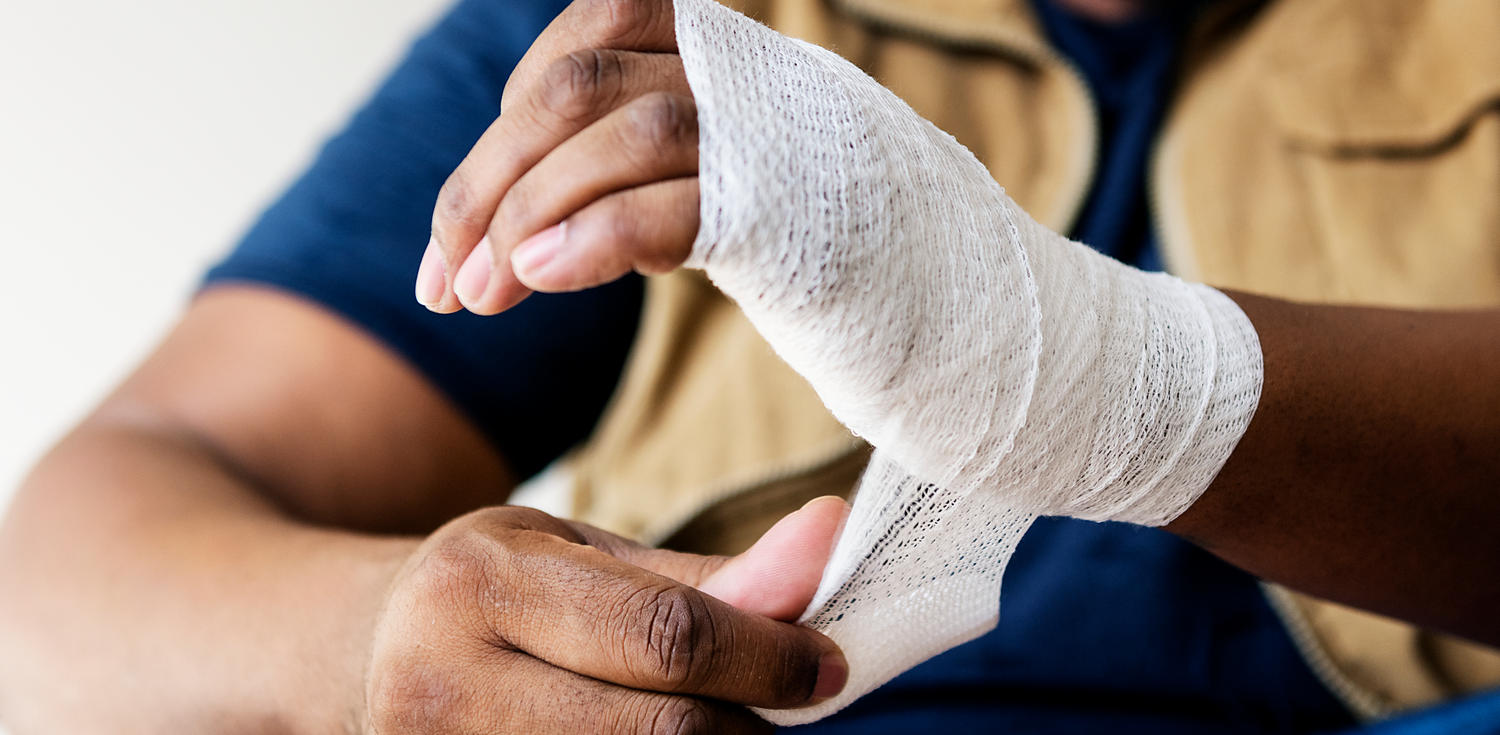
The State of Florida is a No-Fault State. No Fault means that regardless of whether you are responsible for an automobile accident or not, your insurance company has the responsibility to pay up to $10,000.00 of your medical bills. Personal Injury Protection (PIP) coverage is required by Florida law. In order to have a valid automobile insurance policy in the State of Florida, you are obligated to purchase personal injury protection coverage which is limited to $10,000.00. You can also opt to purchase Med-Pay coverage; however, if your insurance company pays your medical bills from your Med-Pay policy, your auto insurance company has a right to place a subrogation lien on your settlement and will request reimbursement of any amounts paid be returned to them from your settlement proceeds. Personal Injury Protection covers your medical bills, mileage to and from the doctor’s office, any prescriptions you have paid out of pocket and lost wages at 60% reimbursement. Personal injury protection pays 80% of your medical bills and you are responsible for paying the remaining 20%. Your treating provider has 30 days from the date of treatment to submit your medical bills to your auto insurance carrier. If the bills are not submitted within 30 days of treatment, your insurance carrier has the right to refuse to pay the bill. If the bills are submitted timely, your insurance carrier pays 80% of the bill. Once the $10,000.00 personal injury protection coverage has been exhausted, your insurance carrier is no longer responsible for paying any additional medical bills.
If you have private health insurance, Medicare, Medicaid or any other form of medical insurance available to you, your health insurance carrier could pay any additional medical bills not covered by personal injury protection coverage. Health insurance carriers are not responsible for paying any medical bills until your personal injury protection coverage has been exhausted. If your health insurance carrier pays any medical bills relating to an accident claim which will result in a settlement to you, your health insurance carrier has the right to subrogate their damages. This means that your health insurance carrier can place a lien on your case with either your attorney or the at fault auto insurance carrier directly and will seek reimbursement for any medical bills paid out of your settlement. In some cases, your health insurance carrier will reduce the amount of their lien if they are asked to do so, but they are not required to.
If you do not have health insurance coverage, any outstanding medical bills will be paid from your settlement. If you have an attorney working on your auto accident claim on your behalf, quite frequently, your attorney is able to work with your treating provider and ask for a reduction of your medical bills in order to maximize the amount of money you will receive in your pocket from your settlement.
If you are a pedestrian who is struck by a motor vehicle, your own personal auto insurance carrier is responsible for paying your personal injury protection coverage from your policy, per Florida law. If you do not own a vehicle with a valid insurance coverage policy, you are entitled to use the auto insurance coverage of any relative that resides in your household. If you do not have a relative that resides with you that owns a vehicle with valid auto insurance coverage, the vehicle that hit you will be responsible for paying your personal injury protection coverage from their own policy. This applies to bicycle accidents also. The same amount of coverage applies to you whether you use your own personal injury protection or the coverage under the vehicle that hit you.
Once your personal injury protection coverage is exhausted, if you do not have health insurance or do not wish to use your health insurance, your medical provider may request that your attorney sign a letter of protection. A letter of protection is a contract which is signed by you, your medical provider and your attorney. The letter of protection states that your treating provider will perform your necessary medical treatment and will hold your medical bills until your case has settled. Once your case has settled, your attorney will work with the medical providers to make arrangements to pay your balance from your settlement. Many providers will take a reduction on the balances.
If you were treated at a hospital, hospitals have no obligation to hold your account balance until your case settles and unless they are willing to sign a letter of protection, your attorney has no legal way to prevent the hospital from sending your account to a credit collection agency. In order to avoid having your medical bills sent to collections, most hospitals will accept a very minimal payment arrangement. Frequently they will accept as low as $10.00 per month to keep your account open and once your case has settled, your attorney can pay the remaining balances out of your settlement proceeds. If you have no personal injury protection coverage available to you and no health insurance coverage, the hospital can place a lien against you personally with your county comptroller and will remove the lien once the bill has been paid.
After your accident, you have 14 days to seek medical treatment in order to qualify for the full $10,000.00 in personal injury protection coverage. If you do not treat with a medical provider within 14 days of the accident, your insurance company has the right to provide only $2,500.00 in personal injury protection coverage. You must also qualify for an emergency medical condition, which can be diagnosed by an ER physician, registered nurse, or qualified medical doctor. To meet the qualifications of the emergency medical condition, you must have serious jeopardy to your health, serious impairment to your bodily functions or a serious dysfunction of any bodily organ or part. If you do not meet these qualifications, your insurance carrier can deny your PIP claim and only provide $2,500.00 in personal injury protection coverage. If you believe you meet the qualifications for an emergency medical condition but your insurance carrier has refused your full personal injury protection claim, your treating medical provider or attorney can file a PIP suit. This means that an attorney can challenge the insurance company’s findings and can ultimately sue them for your full personal injury protection coverage.











